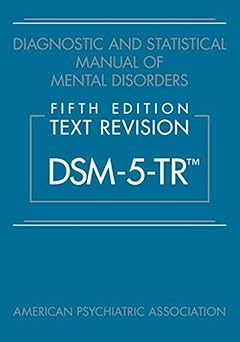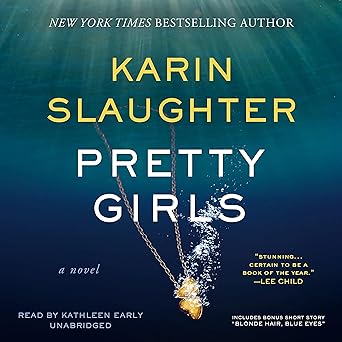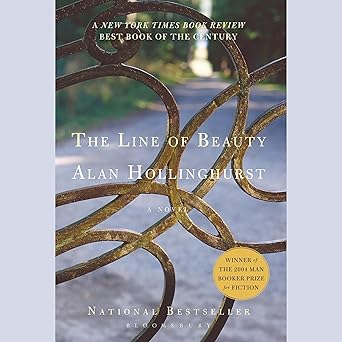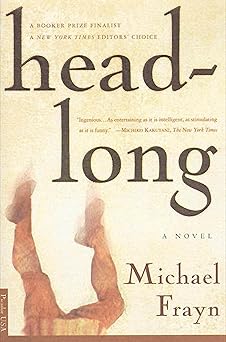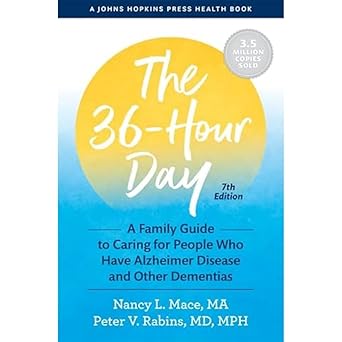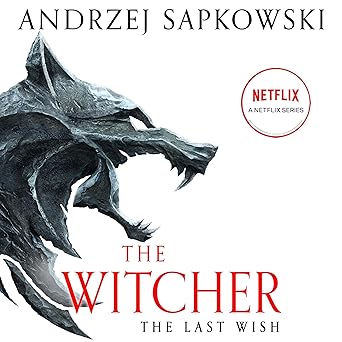
Have you ever noticed how some people seem to effortlessly achieve financial success while others struggle, no matter how hard they work? It’s a question that’s probably crossed all of our minds at some point. This book explores that very idea, suggesting that it's not about intelligence, skills, or even luck that truly determines your financial future. Instead, it proposes that we all carry something called a "money blueprint" – a set of beliefs and habits about money that are deeply ingrained in our minds, often from our childhood. It's like a program running in the background, influencing every financial decision we make. The author believes that if given a short amount of time, he could predict someone’s financial future based on this blueprint. This isn’t meant to be discouraging, but rather to offer a path to understanding and changing those underlying beliefs. I remember when my own grandfather used to say, "Money just slips through my fingers." It took years to realize he was not just stating a fact, but reinforcing a belief. This book wants you to look at your own beliefs about money and see if they are serving you well.
The book is broken into two main parts. The first part explains how these money blueprints are formed, often through experiences in childhood. It highlights how the things we hear and see growing up – from our parents’ attitudes toward money to the overall financial climate – shape our subconscious beliefs. It's a process of self-discovery, helping you pinpoint where your own money blueprint originated and how it’s impacting your financial life. It's not about blaming anyone, but rather about understanding the roots of your current situation. The author uses relatable stories and a friendly tone to guide you through this process. It's like having a conversation with a trusted friend who is sharing valuable insights. He believes that even if you know a lot about business and investing, it won't matter if your basic beliefs about money are holding you back. For example, if you secretly believe that you're not worthy of wealth, you might sabotage your own success, even if you have all the right knowledge and opportunities. The goal is to bring these subconscious beliefs into the light so that you can begin to change them. It's a journey of self-awareness and transformation. I find that many people are surprised when they realize how much their childhood experiences have influenced their financial choices.
The second part of the book introduces something called "Wealth Files" - 17 specific ways that rich people think and act differently from those who are struggling financially. Each “Wealth File” comes with practical steps you can take to change your own habits and mindset. It’s like having a roadmap to wealth, showing you exactly what to do and how to do it. The author emphasizes that it's not just about making more money, but also about keeping and growing it. It's about developing a wealthy mindset – one that’s focused on abundance, opportunity, and long-term financial security. It's about shifting your perspective from lack to possibility. The book encourages you to actively practice these “Wealth Files” in your daily life, making small changes that can have a big impact over time. It’s a process of continuous learning and growth. Ultimately, the author’s message is simple: if you adopt the mindset and habits of the wealthy, you’re much more likely to achieve financial success.
Have you ever wondered why some people seem to effortlessly build wealth while others find themselves constantly working just to stay afloat? It’s a question that has lingered in my mind for years, and I’m sure it's crossed yours too. What I'm sharing with you today is a journey into understanding the often-unseen forces that shape our financial lives. It's not about being smarter or working harder, although those things certainly can help. Instead, it's about uncovering the hidden beliefs and patterns that guide our financial decisions, often without us even realizing it. I remember my mom, a wonderful, hardworking woman, always saying that she felt guilty spending money on herself. She’s always putting everyone else first. It wasn’t about a lack of money, it was a feeling that she didn’t deserve it. It took me a while to understand that this wasn't just a personality trait, but a deeply ingrained belief that was holding her back. This exploration wants you to ask yourself: what are the stories you tell yourself about money? Where did those stories come from? Are they truly serving you? It's a chance to look at your relationship with money with fresh eyes, to understand the origins of your financial habits, and to see how they're impacting your life. It’s not about judging yourself or anyone else; it’s about gaining clarity and empowerment. It’s about recognizing that you have the power to change your financial future by changing your underlying beliefs. It’s a path to financial freedom, not just in terms of money, but also in terms of peace of mind and self-worth.
The initial part of this exploration delves into how these ingrained beliefs about money are formed, frequently during our childhood years. It's a fascinating process of self-discovery, helping you uncover the roots of your own financial blueprint. Think back to your childhood – what did you hear about money? What did your parents do with it? What was the overall financial atmosphere like? These experiences, whether positive or negative, leave a lasting impression on our subconscious minds, shaping our beliefs about money in ways we may not even realize. There are stories shared throughout to make it easier to understand. It’s like having a trusted friend guiding you through a complex puzzle, helping you piece together the origins of your financial patterns. The message here isn’t about assigning blame; it’s about understanding the foundation upon which your financial life is built. You might be surprised to realize how much your early experiences have influenced your current financial situation. It’s a journey of self-awareness, and it’s incredibly valuable, even if you already feel like you have a good grasp on personal finance. Knowing the theory is only half the battle; understanding the underlying beliefs that drive your behavior is what truly unlocks your potential.
The later part focuses on something called “Wealth Files” - 17 specific ways that people who have built wealth think and act differently. It’s not just about making more money; it’s about keeping and growing it, and, importantly, feeling good about the process. Each “Wealth File” comes with simple, practical steps you can take to shift your mindset and build new habits. It's like receiving a clear, concise roadmap to financial success. It's a chance to actively change your relationship with money. Think about how you view opportunity, how you handle setbacks, and how you define success. The focus is on cultivating a mindset of abundance and possibility, rather than scarcity and limitation. It is a continual process of growth. It's not about overnight transformations; it’s about making consistent, small changes that compound over time. Ultimately, this is a message of hope and empowerment – a reminder that you have the power to create the financial life you desire, simply by changing the way you think and act.
Rating: 7.1 / 5.0
It’s common to wonder why some people seem to effortlessly achieve financial stability while others struggle, no matter how much they try. This book offers a thoughtful approach to understanding that difference, suggesting that our financial future isn’t always about skills or luck, but about ingrained beliefs we often develop in childhood. It’s a comforting idea, because it means we’re not necessarily failing, but rather carrying patterns that we can understand and change. The exploration encourages a gentle look at your own beliefs about money—where they came from and if they are truly helping you. It isn't about pointing fingers or feeling guilty, but about gaining insight. The later part provides practical steps, called “Wealth Files,” to help change those patterns, making it feel like a supportive guide towards building a more secure and fulfilling financial life. It's like having a wise friend encouraging you on your journey.
